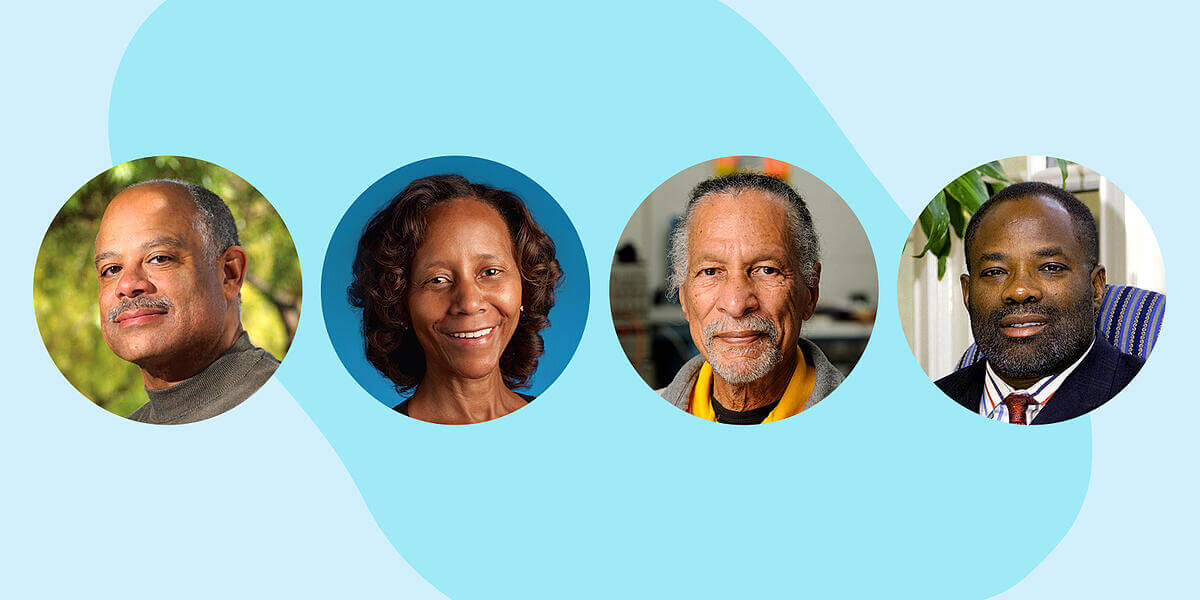
Four Black inventors and tech pioneers you should know
Ting Internet celebrates Black inventors as part of our history as we work to ensure that their work benefits all and not just a privileged few.
As part of celebrating Black History Month, we want to highlight four African-American inventors and scientists we think you should know about. In most parts of the world, the Internet is integral to our daily lives. This was true long before the COVID global pandemic pushed everything online, from doctor visits to yoga classes.
But this turbo boost to online growth also increased the digital divide, the gap between those able to benefit from the digital age and those who are not. A problem widely identified 20 years ago, this gap has a disproportionately negative impact on African-Americans in the U.S. One in three still don't have access to computer technology in their homes and 35 percent of black households do not have broadband Internet connections, a minimum requirement for a majority of today’s online services such as video conferencing.
As a company that believes everyone should have access to a fast, reliable connection to a free and open Internet, we are committed to playing a significant role in closing the digital divide in our communities.
Marian R. Croak
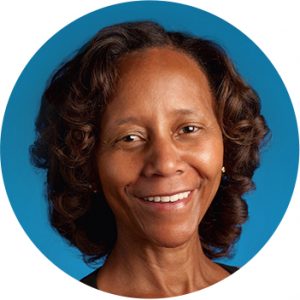
Notable contribution: Voice over Internet Protocol (VoIP)
Have you recently paused during a virtual meeting/party/class/concert and thought to yourself, “How is it possible to share live audio and video on the Internet?” Probably not, but if you did, we suggest you start by reading up on Marian R. Croak, Vice President of Engineering at Google and the inventor of Voice over Internet Protocol (VoIP). VoIP enables us to use our Internet connections for voice and video communications. Whether you’re meeting on Zoom, taking piano lessons on Skype, or watching a live performance on Google Meets, if you’re using the Internet for it, you have Croak to thank.
If that wasn’t enough, Croak helped make it easier for the public to donate during crises via their phones. After the 2010 earthquake in Haiti, this method supported $22 million in donations.
Learn more about Ms. Marian R. Croak:
Mark Dean
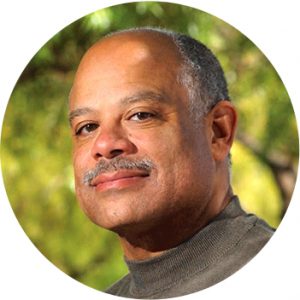
Notable contribution: Personal Computer (PC)
Despite the rapid proliferation of smartphones and tablets in the past 20 years, many households and most businesses and government organizations still rely heavily on personal computers (PCs) to operate. And although PCs have evolved over time becoming faster, smaller, and lighter, they all rely on patents established in the 1980s. Three of those patents are held by Dr. Mark Dean.
A computer wizard at IBM in the 1980s, Dean co-developed the familiar desktop PC design that, in the words of Thomas Hollingsworth, director of the National Inventors Hall of Fame, “has allowed PCs to become part of our lives.”
Learn more about Dr. Mark Dean:
James Edward West
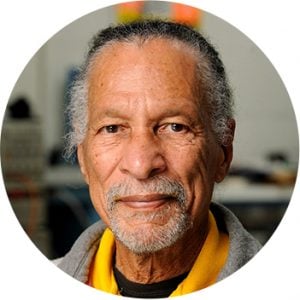
Notable contribution: (Almost) every microphone in the world
Before Marian Croak’s VoIP can transmit the sound of your voice from Dr. Mark Dean’s PC across the Internet during your video conference, it’s likely that the microphone you speak into is based on principles patented by Dr. James Edward West. West, an American inventor and acoustician, holds over 250 foreign and U.S. patents for the production and design of microphones. But nearly 90 percent of more than 2 billion microphones produced annually are based on just one, the foil-electret. The products of his invention can be found in everyday items such as telephones, camcorders, hearing aids, baby monitors, and audio recording devices among others.
Learn more about Dr. James Edward West:
Philip Emeagwali
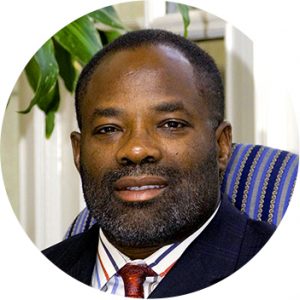
Notable contribution: The world’s fastest supercomputer
However you typically check the weather, it’s highly likely that you use an Internet-connected device to do it. And whether you’re asking Alexa if it’s going to rain tonight or browsing an app on your phone to find the ideal day for a yard sale, the source of that information is likely powered by one of Dr. Philip Emeagwali’s patented inventions. Emeagwali, who has been called the "Bill Gates of Africa,” utilized his study of nature—specifically bees—to invent the world's fastest computer. Emulating the process bees use to construct honeycombs, Emeagwali’s computer uses 65,000 processors to perform 3.1 billion calculations per second. His computers are currently being used to forecast the weather and to predict the likelihood and effects of future global warming.
Learn more about Dr. Philip Emeagwali:
Ting Internet and Tucows Inc. celebrate Black tech pioneers
Our business is fueled by decades of research and development in the fields of telecommunications, computing, and acoustical science where Black inventors developed pivotal solutions we rely on every day. We celebrate them as part of our history as we work to ensure that their work benefits all and not just a privileged few.
Guest author: Zuri Stanback, Head of Marketing
.png?length=710&name=SMB%20Blog%20banner%20(2).png)
.png?length=710&name=SMB%20Blog%20banner%20(3).png)
.png?length=710&name=Blog%20banners%20(2).png)